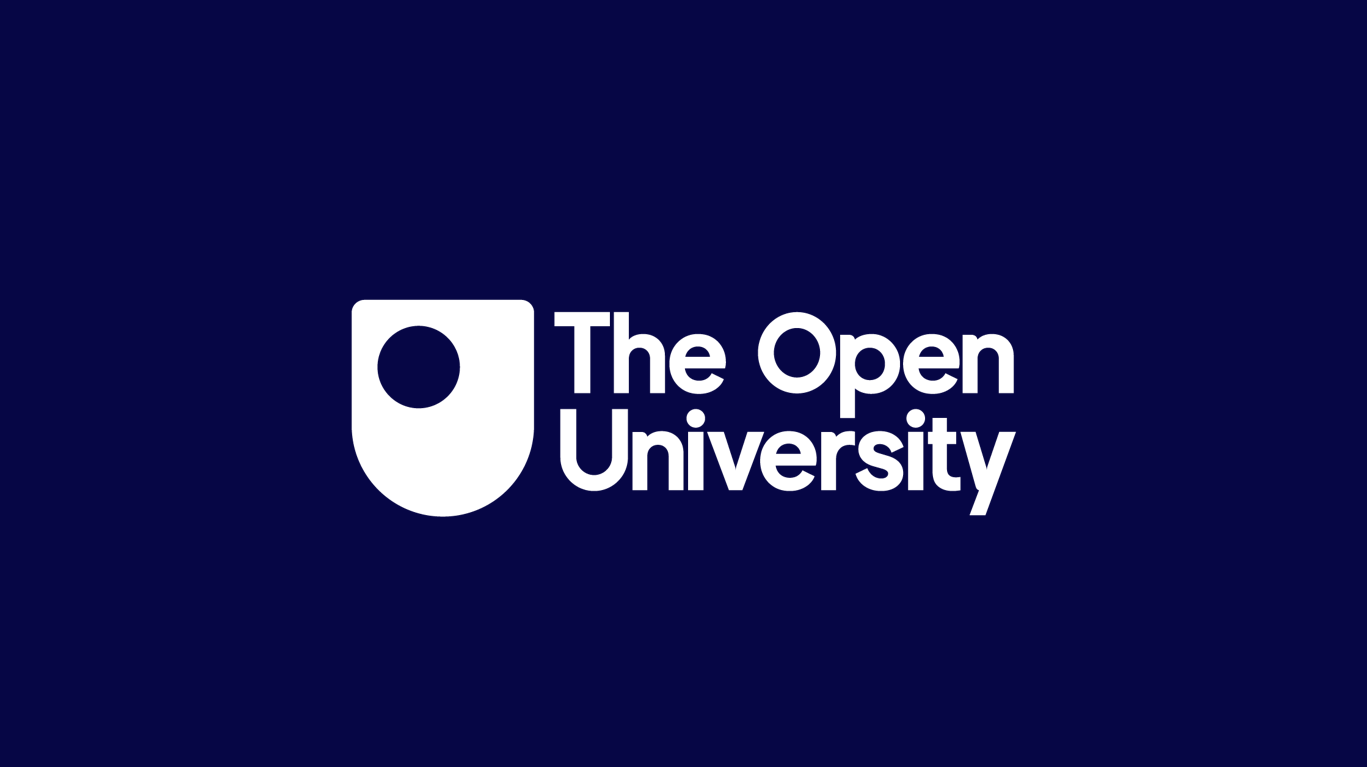Standard support and adjustments Adjustments and support available through the OU
The Open University (OU) aims to make study accessible by providing a range of adjustments and support for all students as standard. These are called embedded adjustments.
More specialist adjustments are possible, however, you may need to tell us about your disability and provide evidence to request them. If you're unsure whether you'd be eligible for support, see who can get disability support. Take a look at this short video which talks about disability support at the OU.
Disability support at the OU
151Hello and welcome to Disability Support at the Open University. We're committed to supporting all our students so you get the most out of your studies.
That's why we have a dedicated disability support team with advisers like me who can help you with everything from applying for financial support to making your day-to-day study fit your needs.
Each year we support thousands of students and are proud that more people with disabilities choose the OU over any other UK university.
Before I show you some of the ways we can help, let's start with the question we get asked a lot.
Who can get disability support?
You might not think of yourself as disabled, but if you have a long term health condition, specific learning difficulty like dyslexia or a mental health difficulty, you're entitled to support and reasonable adjustments to how you study.
The best thing to do is to speak to us for an initial chat and we can answer any questions. We'll need some supporting evidence of your disability and we'll then develop a personalised disability profile. This is for your tutor and anyone else who supports you through your studies knows about your needs without you needing to repeat yourself each time you get in touch. So how can we help?
Funding support
Firstly, we can point you in the right direction with how to apply for funding and grants like disabled students allowance, accessible study materials and equipment to make your learning materials easier to use. We can provide alternative formats for any content used in your modules to meet your specific needs. And if you're not eligible for disabled students allowance and need specialist equipment or software to help you learn at home, we can set you up with that too.
Taking part in tutorials and exams.
All of our tutorials are available online, which means you can join in from home. But if you ever need any extra help, we can make sure you've got everything you need to take part and make the most of those group activities.
And if your course has exams, we can help arrange for any adjustments you need to help you do your best.
Get in touch
There's plenty more, but hopefully that's giving you a taster of some of the ways we're here to help. And remember, you don't have to wait until you register for a course. To get in touch with us, visit open.ac.uk/disability. We look forward to welcoming you. Thank you.
The following learning adjustments are available as standard for all learners as we want our teaching materials to be as accessible as possible to every student (although they may vary from module to module). You don't need to tell us about a disability or provide supporting evidence to access these.
- Accessible module websites which allow you to adjust screen settings and use assistive technology such as screen readers. Find out more about studying on a screen.
- Module materials in a range of formats including Ebooks (EPUBs), printable Word and PDF versions. You’ll find these in the Resources section of your module website. See Using your module website in the Computing Guide for more information.
- Online tutorials, with support options.
- Extensions to assignment deadlines - if needed you can request these from your tutor for most assignments.
- Support for mental health and wellbeing including access to TalkCampus which provides a safe, totally anonymous online space to air concerns with other students and get support for your mental health wellbeing, 24 hours day, seven days a week.
- Accessibility help and the Computing Guide (which includes an accessibility section) to help you use a computer for study.
- Computing and Distribution Helpdesk who can help with installing OU software and technical problems running that software. They can't help with third-party software or training you to use software.
